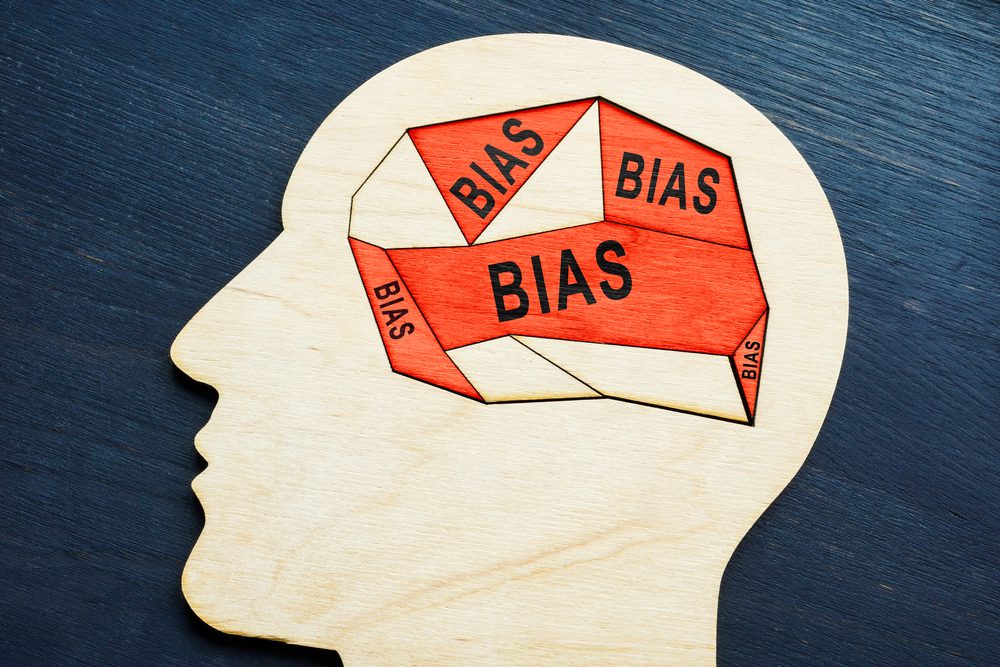Outcome bias

A cognitive bias that influences one's decision making process by relying solely on the outcomes of previous decisions and excluding processual differences that may have impacted the outcome.
People who exhibit outcome bias tend to rely too heavily on past results and abstain from examining the process through which the outcome was achieved, thus, potentially, eliminating valuable information from future decision making.
Outcome bias can often be observed in the decision making process of various investors, who make uninformed and rushed decisions just because somebody else has been lucky. Investing relies on timing, therefore investors cannot exclude the set of variables that impacted the outcome of a particular investment decision – such as interest rates, proximity to significant announcements and other market conditions, among other aspects.
Example
Person A bought one lottery ticket for $2 and won $10,000. Person B saw that and decided that he too will win $10,000 just by buying a single ticket, however, that didn’t happen even after he bought 10 additional tickets.
Person B’s conviction that he would win was based on a random observed outcome – the victory of Person A. However, it excluded the probability of actually buying a winning ticket, which, conventionally, is less than 0.01%. The reason behind Person B’s misjudgement is outcome bias.









